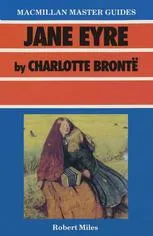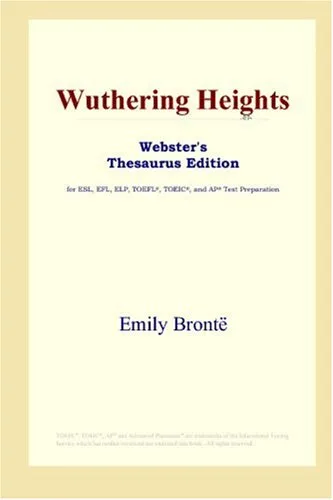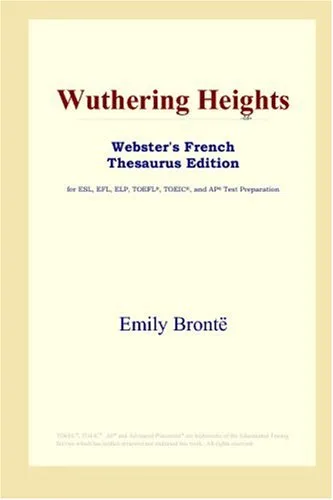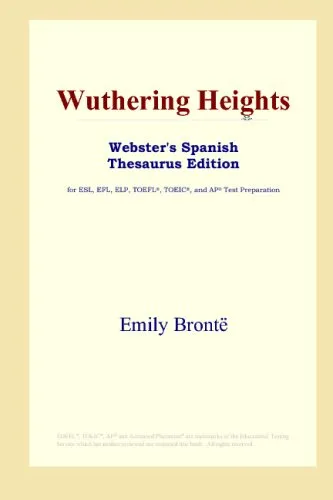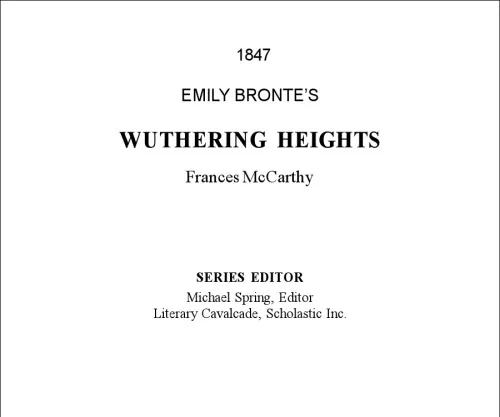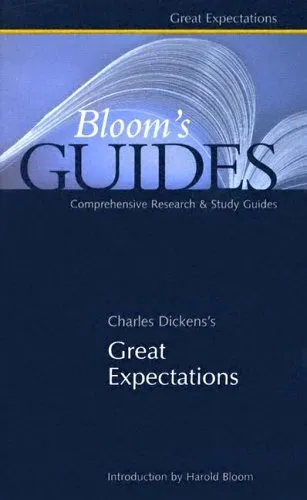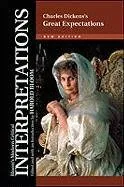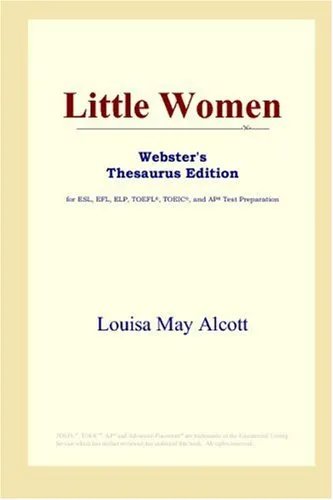Jane Eyre by Charlotte Brontë
4.5
Reviews from our users

You Can Ask your questions from this book's AI after Login
Each download or ask from book AI costs 2 points. To earn more free points, please visit the Points Guide Page and complete some valuable actions.Related Refrences:
Introduction to 'Jane Eyre' by Charlotte Brontë
'Jane Eyre' is a classic novel written by the renowned author Charlotte Brontë and first published in 1847 under the pen name Currer Bell. Revered as a groundbreaking work in the genre of Gothic fiction with strong elements of romance, 'Jane Eyre' is celebrated for its innovative narrative that delves deeply into themes of morality, religion, and feminism. This novel not only cemented Brontë's position as an esteemed author of her time but continues to resonate with readers across generations.
Detailed Summary of the Book
'Jane Eyre' charts the life story of an orphaned girl, Jane, who faces a tumultuous journey full of challenges yet remarkable growth. Born to indifferent relatives, Jane’s early life at the hands of the cruel Reed family is harsh and oppressive. She is later sent to the austere Lowood School, where she finds solace in education amid sufferings and losses, making friends like Helen Burns and benefactors such as Miss Temple.
As a young adult, Jane becomes a governess at Thornfield Hall, where she meets the enigmatic and brooding Mr. Rochester. An intense love story develops between Jane and Rochester, but it is fraught with secrets that could lead to heartache and destruction. The revelation of Rochester's concealed marriage to the insane Bertha Mason is a turning point, forcing Jane to leave and wander destitute, yet determined to maintain her integrity and autonomy.
Jane eventually inherits a fortune, reuniting with her newfound relatives, the Rivers siblings, and is offered marriage by her stern yet kind cousin St. John Rivers. However, answering a profound call from her heart, she returns to a humbled and repentant Mr. Rochester, culminating in a fulfilling closure to her arduous quest for self-discovery, justice, and love.
Key Takeaways
- Independence and Self-Respect: Jane's journey is a testament to the importance of maintaining personal dignity and independence.
- Love vs. Autonomy: Brontë masterfully balances the tension between love and the need for self-autonomy, encouraging readers to reflect on the conditions of romantic relationships.
- Social Class and Gender Equality: The book challenges Victorian social norms related to gender and class, depicted through Jane's interactions and relations with characters across different social ranks.
- Moral Integrity: Jane’s steadfast commitment to her principles is a core aspect of her character, emphasizing the universal necessity of personal integrity.
Famous Quotes from the Book
"I am no bird; and no net ensnares me: I am a free human being with an independent will."
"I would always rather be happy than dignified."
Why This Book Matters
'Jane Eyre' stands as an enduring literary masterpiece not only for its compelling narrative but also for its nuanced character development and exploration of themes that remain relevant today. Its challenge to societal expectations, especially regarding the role of women, and its revolutionary portrayal of a female protagonist who seeks empowerment, offers profound insights that continue to inspire discussions on gender, power, and individuality. Furthermore, Brontë’s rich prose and gothic elements provide a captivating atmosphere that enriches its storytelling, making it a timeless piece worthy of continuous study and admiration.
Free Direct Download
You Can Download this book after Login
Accessing books through legal platforms and public libraries not only supports the rights of authors and publishers but also contributes to the sustainability of reading culture. Before downloading, please take a moment to consider these options.
Find this book on other platforms:
WorldCat helps you find books in libraries worldwide.
See ratings, reviews, and discussions on Goodreads.
Find and buy rare or used books on AbeBooks.
1615
بازدید4.5
امتیاز0
نظر98%
رضایتReviews:
4.5
Based on 0 users review
Questions & Answers
Ask questions about this book or help others by answering
No questions yet. Be the first to ask!
